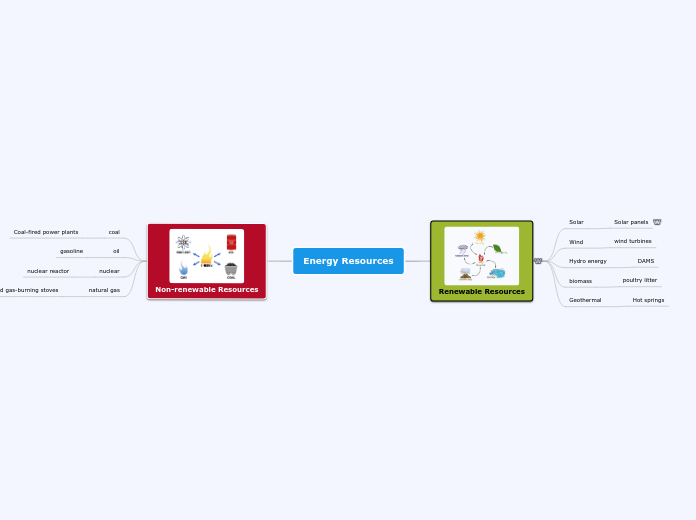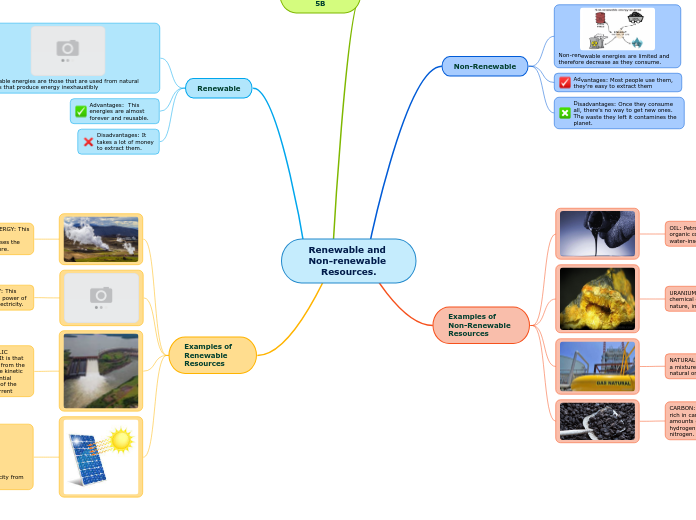door Navaira Fathima 5 jaren geleden
290
Aerosol Reactor
The study aims to evaluate the effectiveness of the HySA TCWS cycle in an aerosol phase within a solar reactor under varying conditions of time and intensity. Samples will be introduced into a capillary to ensure a particle-by-particle nature and then exposed to different intensities of solar radiation over different time intervals.









